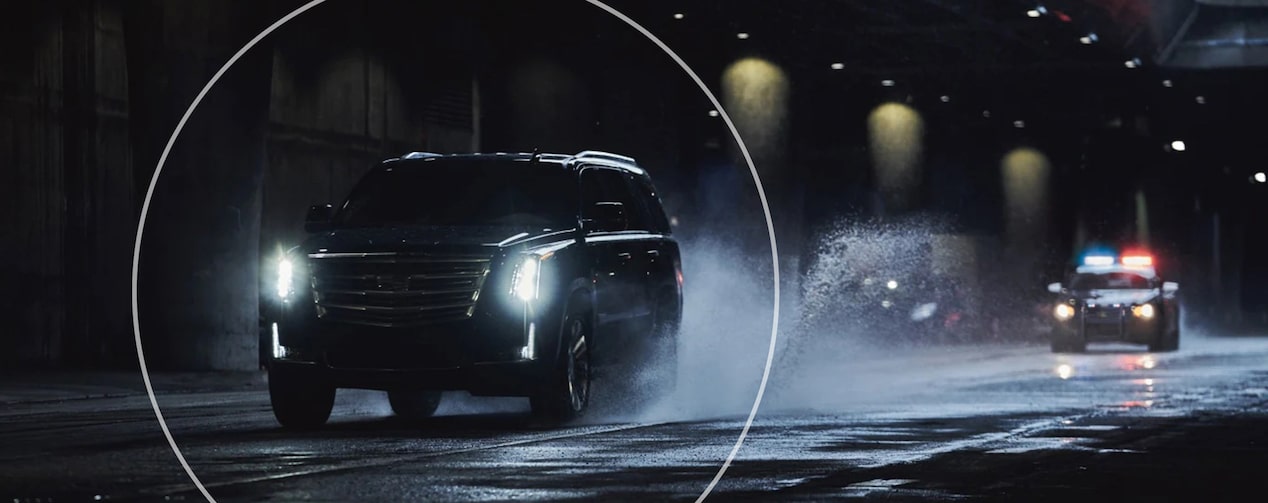This section describes what OnStar requires to disclose the following categories of OnStar Member (“Member”) information in the United States. In accordance with our terms, conditions, policies, and applicable law, OnStar will review each request individually to assess the circumstances and the nature of the request before providing any Member information.
VEHICLE LOCATION AND CONTENTS OF ONSTAR COMMUNICATIONS
If available, OnStar may supply vehicle location and contents of communications subject to:
- A warrant or court order supported by a showing of probable cause; or
- Member consent.
BASIC MEMBER INFORMATION (INCLUDING, BUT NOT LIMITED TO: NAME, ADDRESS, AND LENGTH OF SERVICE)
If available, OnStar may supply basic Member information subject to:
- A warrant or comparable court order supported by probable cause;
- A court order issued under 18 U.S.C. Section 2703(d);
- An administrative, grand jury, or trial subpoena; or
- Member consent.
OTHER INFORMATION THAT DOES NOT INVOLVE THE CONTENTS OF COMMUNICATIONS (INCLUDING, BUT NOT LIMITED TO: DATES OF ALERTS, VEHICLE INFORMATION, CRASH DATA, AND LICENSE PLATE NUMBERS)
If available, OnStar may supply other information subject to:
- A warrant or comparable court order supported by a showing of probable cause;
- A court order issued under 18 U.S.C. Section 2703(d); or
- Member consent.
REQUESTS FOR INTERCEPTIONS OR REAL-TIME ACCESS TO CALL-IDENTIFYING INFORMATION
OnStar is not able to facilitate interceptions of communications or real-time access to call-identifying information. In the United States, such requests should be directed to AT&T.
How to request information
To the extent OnStar is able to provide information as described above, you may serve a request for information through OnStar’s registered agent, Corporation Service Company (CSC). You can obtain a local address for CSC by calling 1.888.690.2882.
For proper routing, address requests in the following format:
- To: OnStar LLC, C/O CSC [Insert address provided by CSC]
When you submit a request, please include:
- The date and time of the relevant occurrence(s);
- A description of the information you are seeking (e.g., vehicle location or account records); and
- The associated legal basis for your request.
If your request involves an OnStar Good Samaritan call, please provide:
- The date of the call; and
- The OnStar case number provided to 911 dispatch by OnStar.
To help OnStar comply with your request, please provide the following information (if available):
- Full name;
- Mailing address including ZIP code;
- Phone number;
- OnStar account number;
- Vehicle identification number (including year, make, and model).
Call recordings
OnStar does not create or provide transcripts of audio recordings, and OnStar cannot guarantee that any audio recording was taken at the time of a call or that it can be retrieved, given OnStar’s limited retention of such audio recordings. OnStar may, upon written request, be able to preserve available information until you can obtain appropriate legal process.
Consistent with 18 USC 2702(b)(8), (c)(4), OnStar may act in good faith when OnStar believes that an emergency involving danger of death or serious physical injury to any person requires disclosure without delay of communications relating to the emergency.
